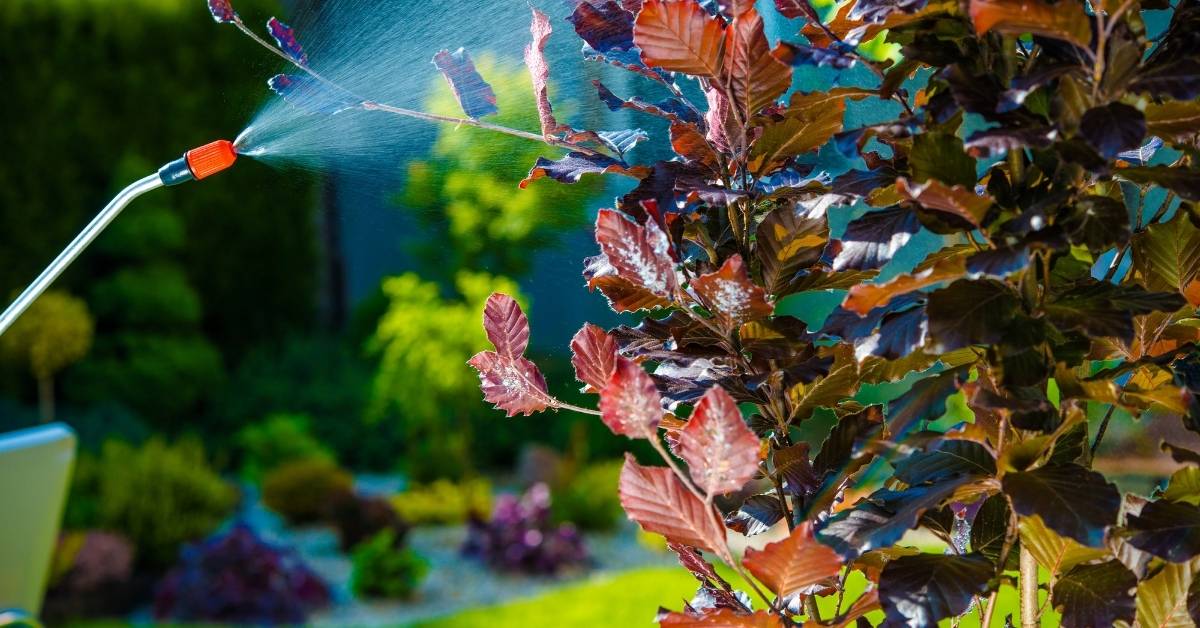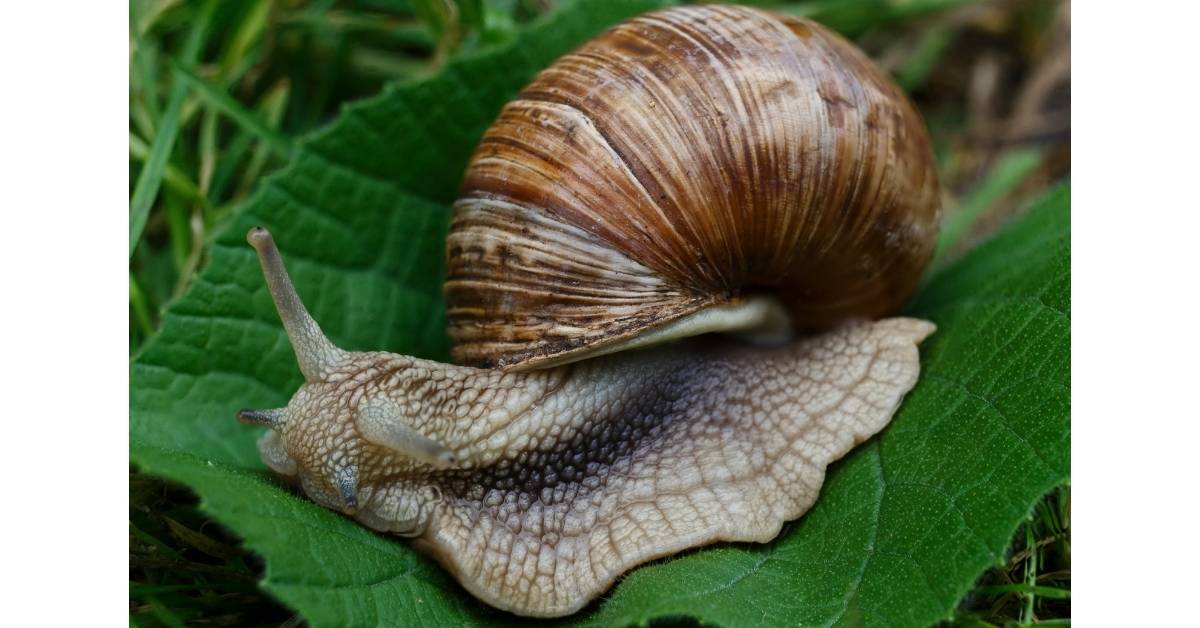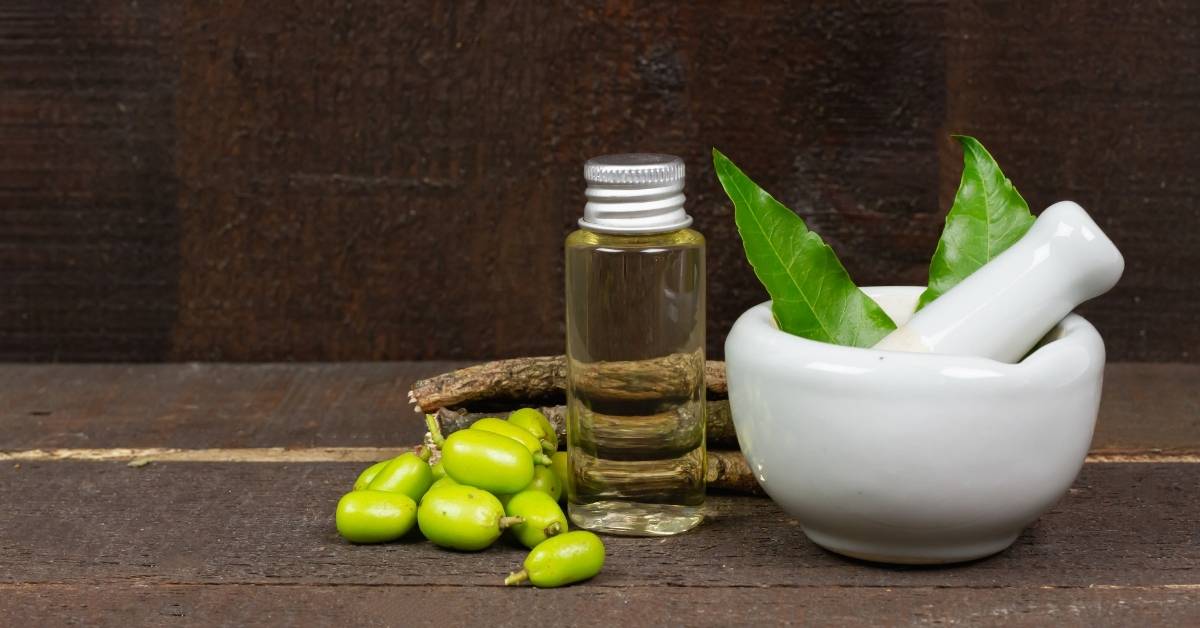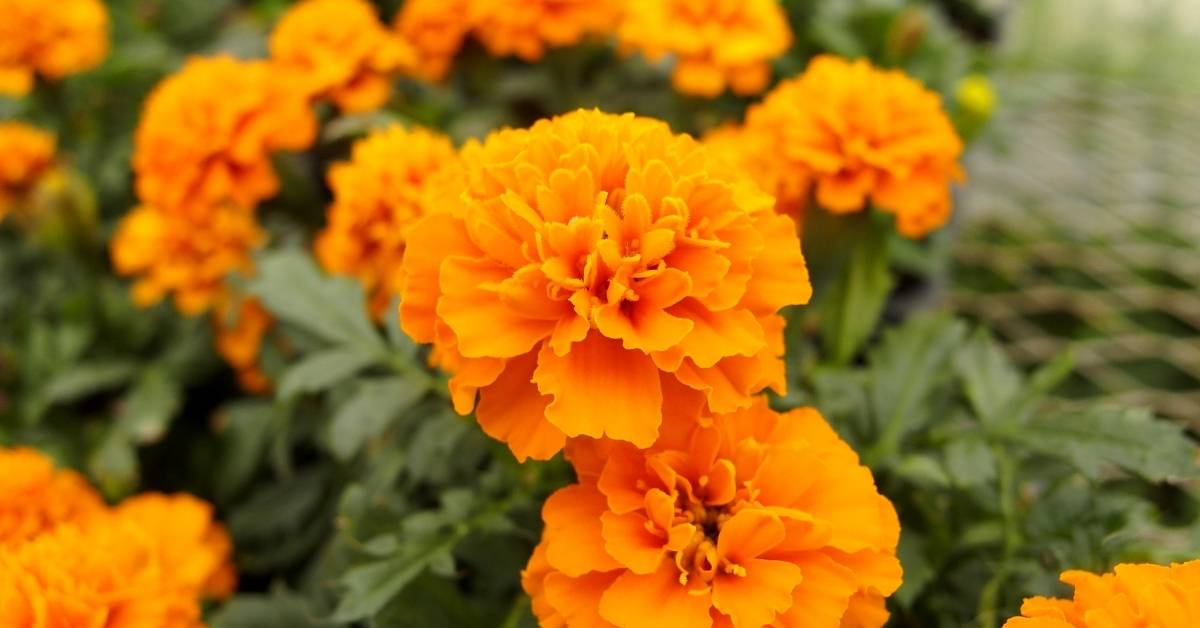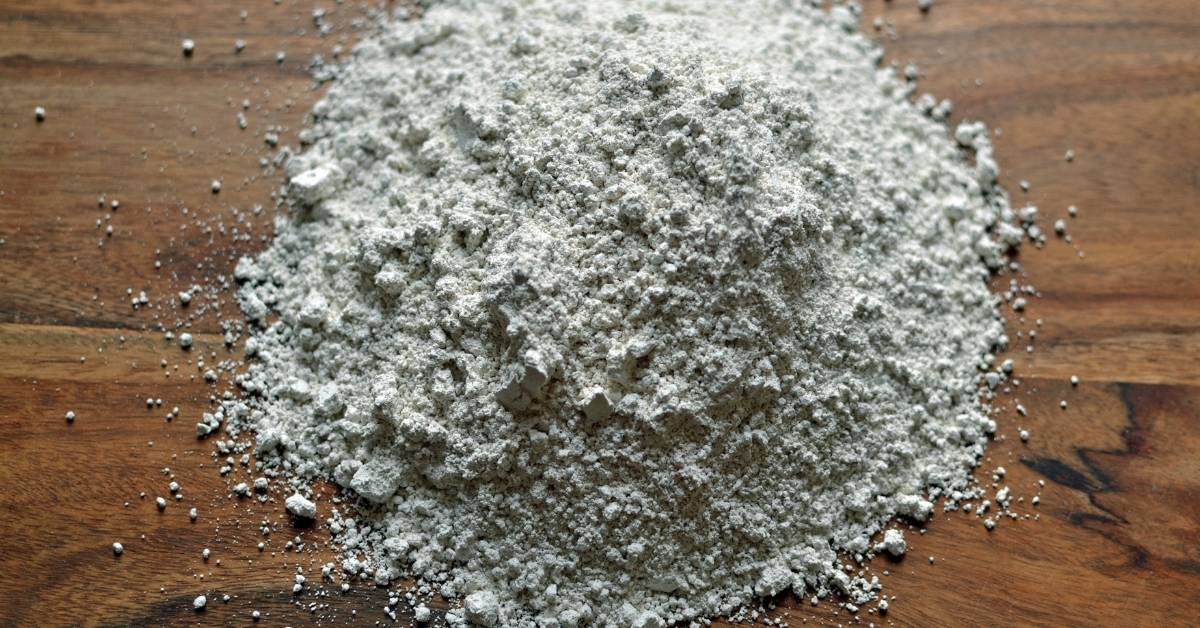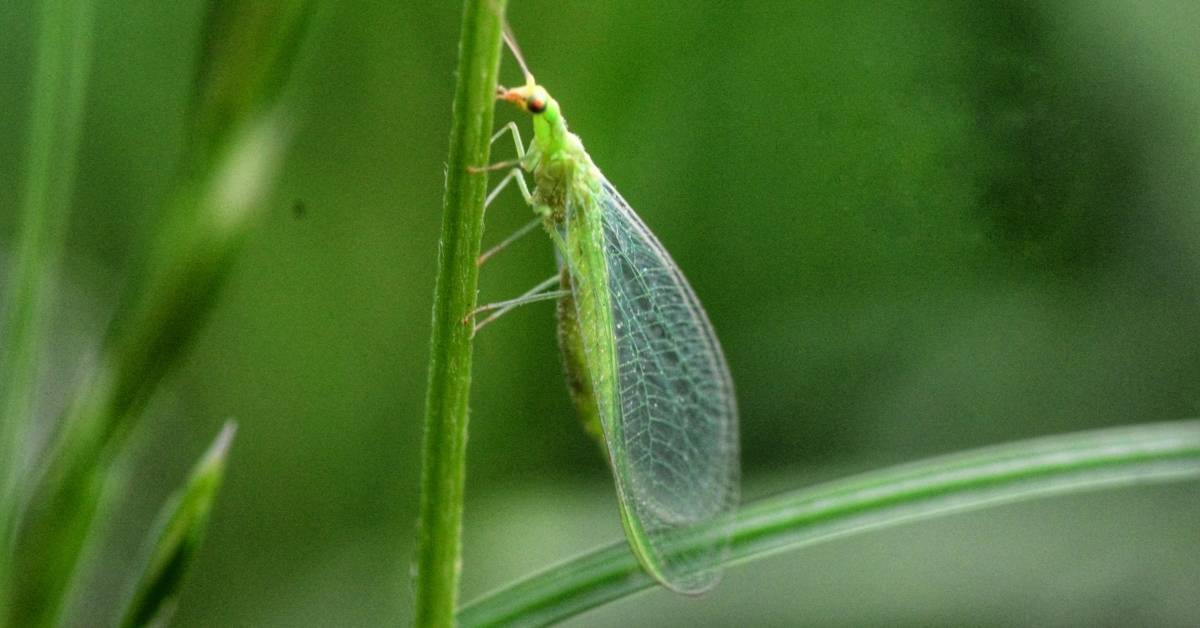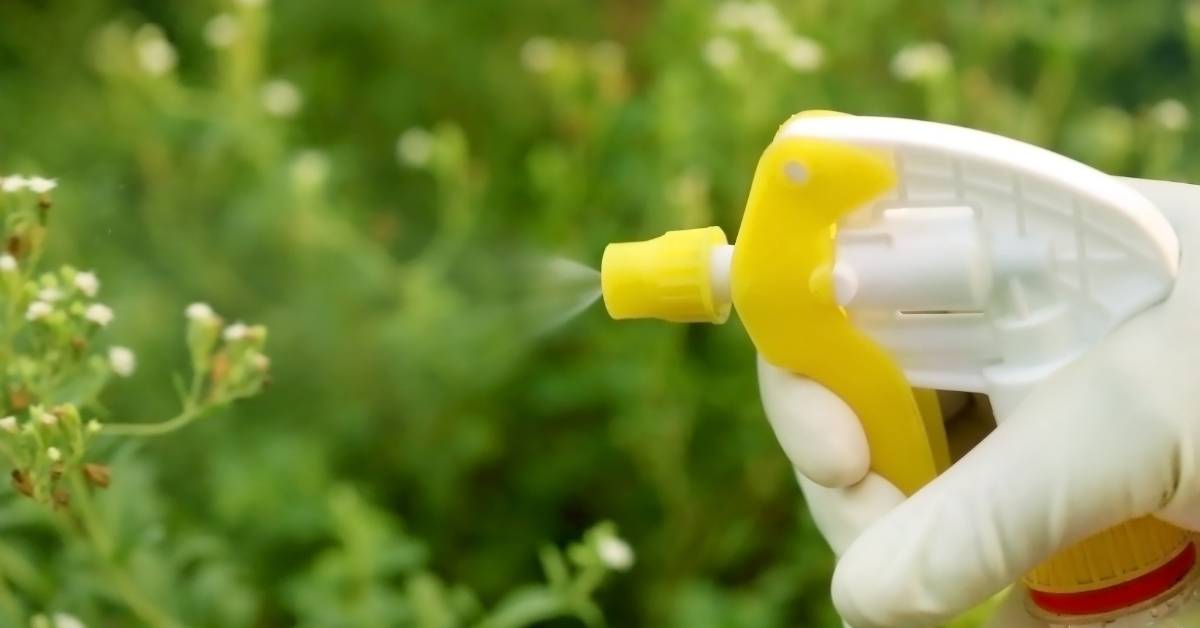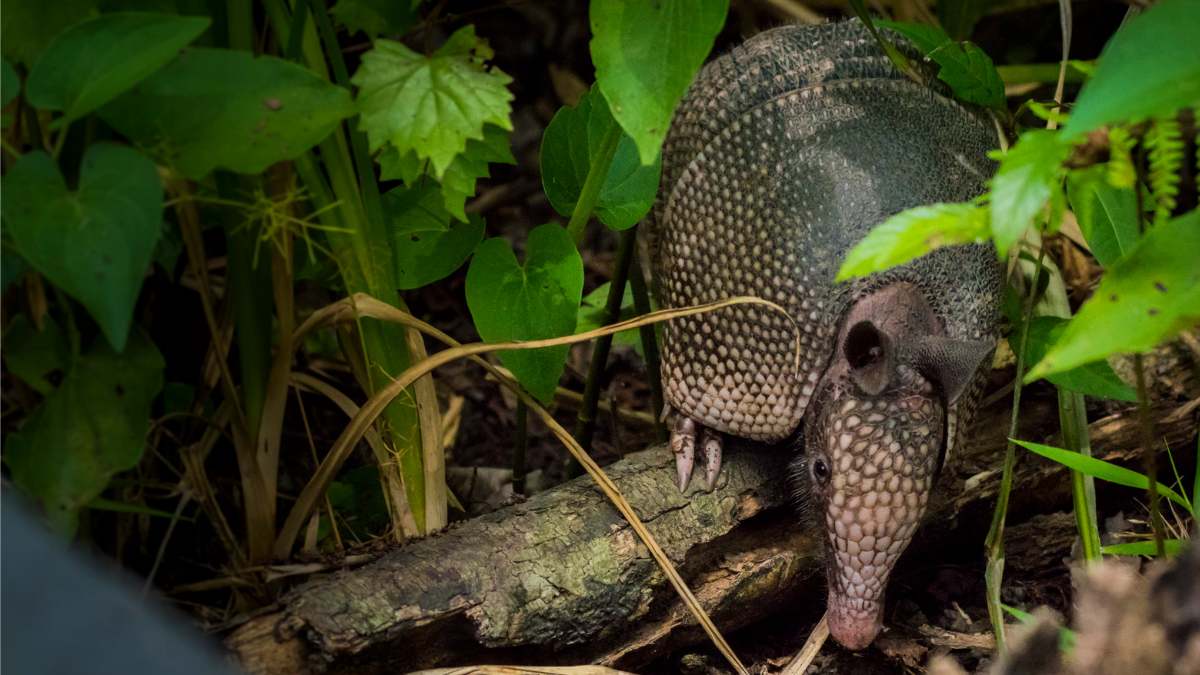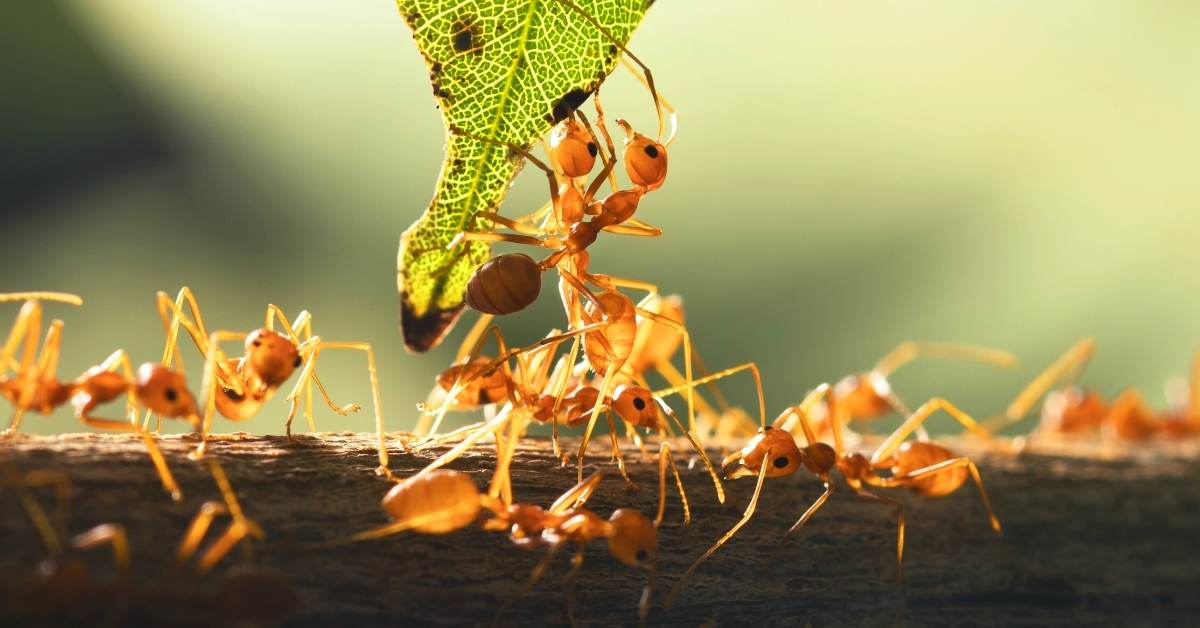Growing vegetables organically takes patience and persistence. Non-chemical solutions to insect pests are typically not quick fixes but part of regular maintenance of an organic garden. Treat plants frequently with benign methods, and you won’t have to use harsh or toxic chemicals.
Keep reading for the detailed explanation of how to implement organic pest control for organic vegetable gardens. We will talk about from prevention to organic pesticides variations.
Prevention comes first
Healthy plants can withstand minor insect problems without your intervention. To keep your vegetable plants vigorous, ensure they have adequate sun, rich soil, and consistent watering. Falling short in one of these three areas can create an environment more conducive to bug infestations.
There are several insect heroes out there to help protect your garden. Snails, aphids, and spider mites are three common trouble-makers in the park, but centipedes and millipedes make quick meals of snails, slugs, and other ground-dwelling insects.
Lacewings not only dine on aphids, but they also attack a whole buffet of bugs: spider mites, mealybugs, and whiteflies, for example.
Wasps also are considerable helpers in the fight against unwanted caterpillars. According to a study published by the National Academy of Sciences, some plants, when bitten by a caterpillar a few times, release a chemical to attract these wasps.
Calling Reinforcements
Successful organic vegetable gardening means taking the time to learn what helps and what hurts. Bug identification can be as easy as placing a critter into a plastic bag and presenting it to a knowledgeable garden center employee. Understanding the bugs might lead you to make a healthy habitat for them.
Plant host plants for beneficial insects intermingled with your vegetables. Ornamental grasses and blooming perennials offer food and shelter that they need. The Black Pearl Ornamental Pepper has stunning purple leaves and marble-like fruit that goes from black to a bright red when ripe.
It also attracts the predatory mite, Amblyseius degenerans, to your neighborhood. When not eating pollen from the pepper blossoms, this mite will keep the thrip insect population down.
Responsible Solutions
Organic gardeners use safe sprays like insecticidal soap and neem oil. Sprays like these do not pack the toxic punch of chemical insecticides, but they offer considerable control when used weekly or every few days as the situation requires. Bacillus Thuringiensis, also known as BT, can be used as a powder or spray to kill caterpillars.
Keep in mind that most caterpillars, with the exception of the Tomato Horn Worm and a few others, don’t cause permanent damage to plants. A nibble here and there is no different than you clipping a leaf with your pruners. The result is actually a flourish of new growth.
The advantage of BT is that it only kills caterpillars. Your bees, butterflies, and other beneficial bugs are safe.
Alternatives to Spraying and Dusting
Mechanical controls like floating row covers, fabric sheets that keep insects off plants can be applied to extensive gardens. Sticky cards can also be placed in the garden to attract small flying insects like whiteflies.
Keeping Bugs From Eating the Plants
Organic gardening is about balance. It isn’t necessary to keep your vegetables entirely free of insect pests. Just supply your plants with good nutrition and keep large infestations from forming.
So, keep reading for organic alternatives for pesticides.
Organic Alternatives for Pesticides
The first line of defense in organic gardening is prevention. Choose plants that are well suited for your climate so they will be robust. If a plant and its growing environment are healthy, pest and disease problems will be minimal. There will be the correct number of beneficial insects and pests to balance each other out.
Use organic amendments for rich nutritious soil. Care and nurture your plants from the time of germination. Only use other means to control pests when necessary.
Deterrent Plants
In organic gardening, you will use a number of methods to control pests. Insect pests are often the mode of transfer for viruses and diseases. So controlling them will reduce secondary pest issues. A barrier of strong-smelling herbs and flowers will deter some pests from hanging around.
Examples are marigold, lavender, rosemary, oregano, chives, garlic, and mint. Perennial herbs will also make an excellent hedge around the vegetable garden.
This will also ward off grazing rodents and deer. Herbs will attract beneficial pollinators such as bees, butterflies, and hummingbirds. And they will provide culinary flavorings to use in the kitchen. All of these methods lead to a healthy garden environment.
Mechanical Removal
Some pests are large and easy to see. They can be removed by hand. Slugs come out in the evening and can be dropped into a bucket of water or salted, depending on your tolerance level.
Brown slugs are not native to America; the green banana slugs are. Know about the pest you are targeting, and be sure it is the culprit. Native insects have checks and balances, but alien species may not and can get out of hand. Slugs hide under boards and rocks during the day, so you can often find them this way.
Using a line of organic diatomaceous earth (fossilized diatoms) or wood ashes around the garden will keep slugs from entering the area. Small insects such as aphids can be blasted with a hose or removed with a cotton swab or cloth.
Beneficial Insects
Adding the right beneficial insects to balance out the bad bugs is another organic practice. Most are safe and will not cause harm to the garden environment. These include praying mantis, soldier bug, lacewings, ladybug, and beneficial wasps and nematodes. Purchase them at a garden center.
They do not generally stick around from year to year, so you will need to introduce them each year. The best way to benefit from these insects is to know their target insect and release them when it is active.
Biological Controls
Bacillus thuringiensis or (BT) is a bacterium that will kill certain insects. It causes digestive issues, and the insect stops eating and dies over a period of days. Many different types target different insects. Because this bacteria can also target beneficial insects like butterflies, it should only be used by knowledgeable gardeners and when the imposing insect is rampant.
It does not otherwise harm the environment as a whole. BT is usually applied as a dusting of white power containing the bacteria. Pheromones (insect mating hormones) are also taken from insects and used to attract pests to traps. These traps are hung in trees that are under attack by insects.
Biological controls are applied during a certain part of an insect’s life cycle. Some understanding of entomology is helpful when using these tools.
Organic Pesticides
There are times when all other means have been employed, and bugs get out of control. The first approach is to discourage insects. Applying organic insecticidal soap as well as sprays made with hot peppers or garlic will send sucking and biting insects away. For those more tenacious insects, try natural horticultural oils.
Neem is the leading choice for safe and effective insect control. Since a pest can also be a carrier of viruses or fungi, neem also chokes out these pests. It must be applied when temperatures are 60 degrees F or more. It also must be reapplied after heavy rain.
Organic sprays can cause leaf burn if applied in the hot afternoon sun. There are also plant-based pesticides such as pyrethrin, sabadilla, and rotenone. These are botanical-based insecticides. They may be natural, but they are not selective and will kill good and bad insects.
This is important to note since beneficial insects will help bring balance back to the garden. Extreme means of control are only temporary and can leave the garden undefended. Use them only as a last resort. What is even better is to plant something else less desirable to the insects in question.
Organic Pesticides for Vegetable Gardens
Integrated pest management (IPM) is recommended by the Environmental Protection Agency (EPA) for organic pest control. IPM focuses on the long-term prevention of disease and pest problems through a combination of techniques, including the use of organic pesticides when necessary.
Other pest management techniques include companion planting and the use of beneficial insects. Organic pesticides for vegetables are derived from natural substances; they are not toxic to animals and people, and they break down relatively quickly and harmlessly in the environment.
There are many commercially produced organic pesticides for vegetables and several that can be made at home.
Garlic Oil
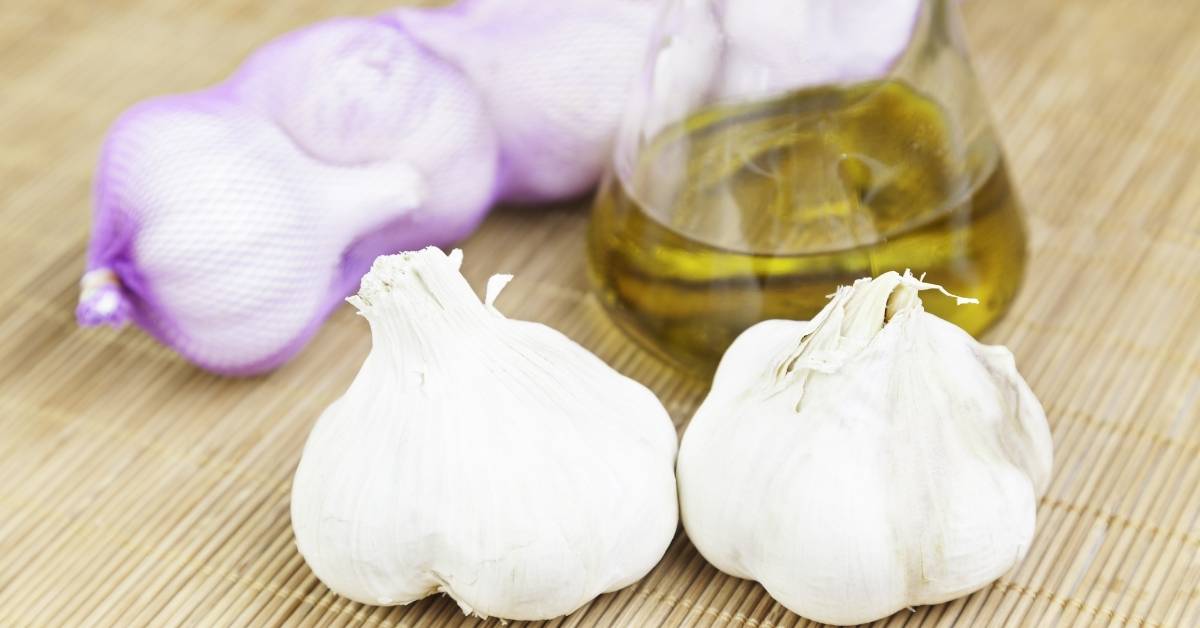
Prevention is the best cure, but sometimes aphids, mealybugs, and spider mites take over the vegetable garden. Garlic repels them, and oil ensures that it sticks to plants. Soak a whole bulb of chopped garlic in two tablespoons of mineral oil for 24 hours. Dissolve two teaspoons of dish soap in a cup of water and add the garlic/oil mixture.
This mixture can be saved in a glass jar and used in a one to 50 parts ratio when needed. Garlic oil spray repels aphids, snails, caterpillars, and flies.
Dish Soap
Simple soap spray kills caterpillars, aphids, thrip, scale, mites, and whiteflies. It suffocates these insects and is most effective when sprayed directly on them. Use several tablespoons of dish soap to a quart of water and shake until it becomes frothy. Spray directly on plants and allow them to dry overnight.
Rinse the plant leaves the next day and repeat this process for two to three weeks.
Milk
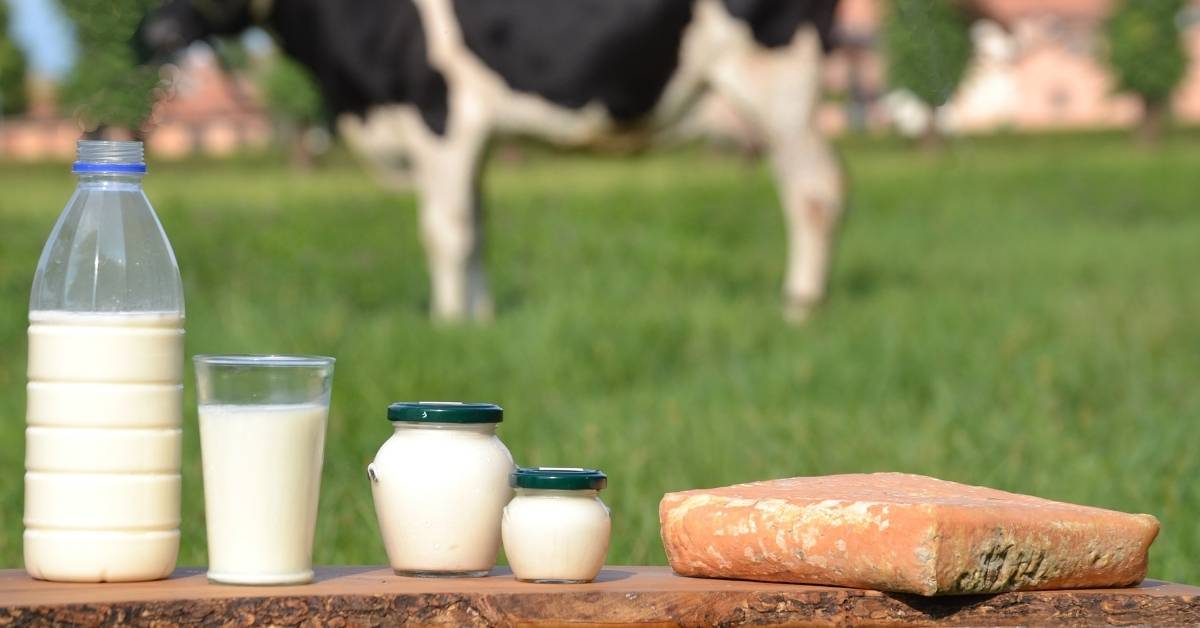
Milk is lethal to red spider mites and mildew. Zucchini, lettuce, cucumber, and tomatoes are susceptible to mildew problems, and milk spray is a simple remedy. It is made by mixing equal parts milk and water. Use the spray every few days until the disease is controlled.
Chamomile Tea
Chamomile tea spray is the gentlest fungicide available to use for powdery mildew, rust, leaf spot, and brown rot. The tea is brewed and left to sit for several hours before use. Repeat the spray process every few days until the fungal problem abates.
Eucalyptus
Eucalyptus and other essential oils are effective against scale, aphids, mites, slugs, and whiteflies. Add one teaspoon oil to two cups of water to make the spray. It is used at the base of plants and on seedlings; for best results, repeat this process every three days.
Related Q&A
Will Milky Spores Harm Nematodes?
The bacterium Bacillus popilliae produces milky spores used to control the population of Japanese beetle grubs in the soil. Milky spores do not affect other grubs, nematodes, or other organisms.
